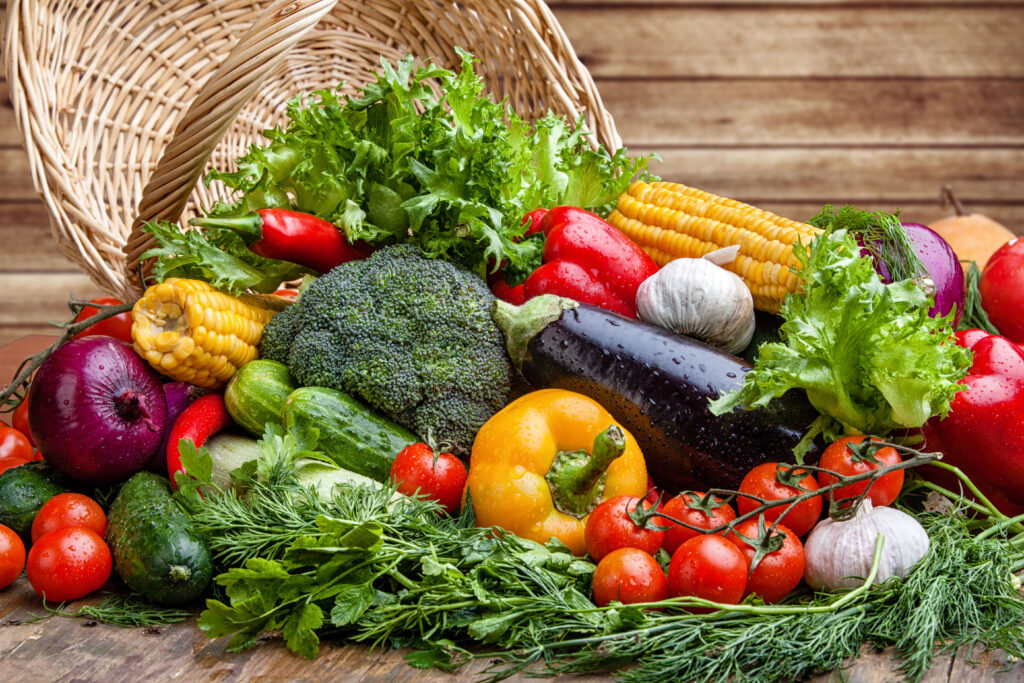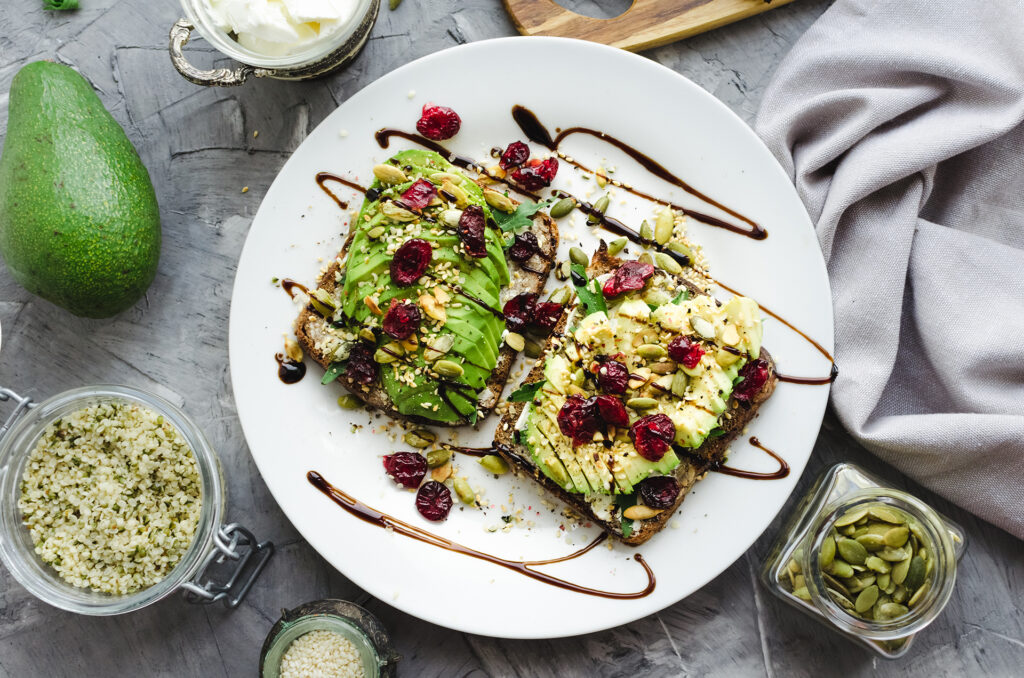Could Improving Your Diet Have An Impact On Your Mental Health?

Aimee Newton is Registered Dietitian working at Spire Hull and East Riding Hospital. Here are three dietary mistakes she worries many Brits are making, and how they could be impacting our mental health:
1 Not drinking enough
We need sufficient energy to maintain the structure of our brain and nervous system. Dehydration can affect your brain’s ability to produce energy and can obstruct the brain’s production of “happy hormone”, serotonin. This is because the body needs water to transport amino acid, tryptophan, across the blood-brain barrier to convert it to serotonin.
2 Not eating enough variety
There are many studies suggesting a link between reduced diversity of the bacteria in our gut and mood disorders. This is because the gut microbiome helps turn the food we eat into different molecules which enter our bloodstream and communicate with the brain. Some of these are neurotransmitters such as serotonin and dopamine, which can then influence mood and behaviour.
It is, however, too early to make conclusions as to which exact bacterial strains play a role or suggest specific concentrations of these bacteria which are optimal in our gut as there is a lack of human studies in this area. However, watch this space in the future. What we do know is eating foods like wholegrains and fermented foods that increase the diversity of the bacteria in our gut can be beneficial to overall health and mood.
3 Not getting the right vitamins
Some vitamin deficiencies have been linked to low mood. These include vitamins B6, B12, folate and vitamin D. Furthermore, western diets which are high in processed foods, refined grains, sugar, and fat have been more closely associated with depression in some studies.
Aimee’s takeaways
Early studies show that some foods can increase serotonin levels and lift moods. Combining a mood-boosting diet with walks in nature, time spent in sunlight, exercise, meditation, and stress management is likely to have maximum impact.
That said, it’s important to stress that mood-boosting foods alone cannot treat depression. If you’re really struggling with your mental health, you should always see a doctor.
1 Drink lots of fluids – this will keep you hydrated and promote serotonin production
2 Avoid overly restrictive diets – variation will promote gut bacteria diversity
3 Ensure your diet is varied – vitamin deficiencies have been linked to low mood
4 Make sure you’re getting enough fibre – this will help feed the good bacteria in your stomach
5 Avoid highly processed foods – some studies have linked these to depression
If you’d like to know more . . .








